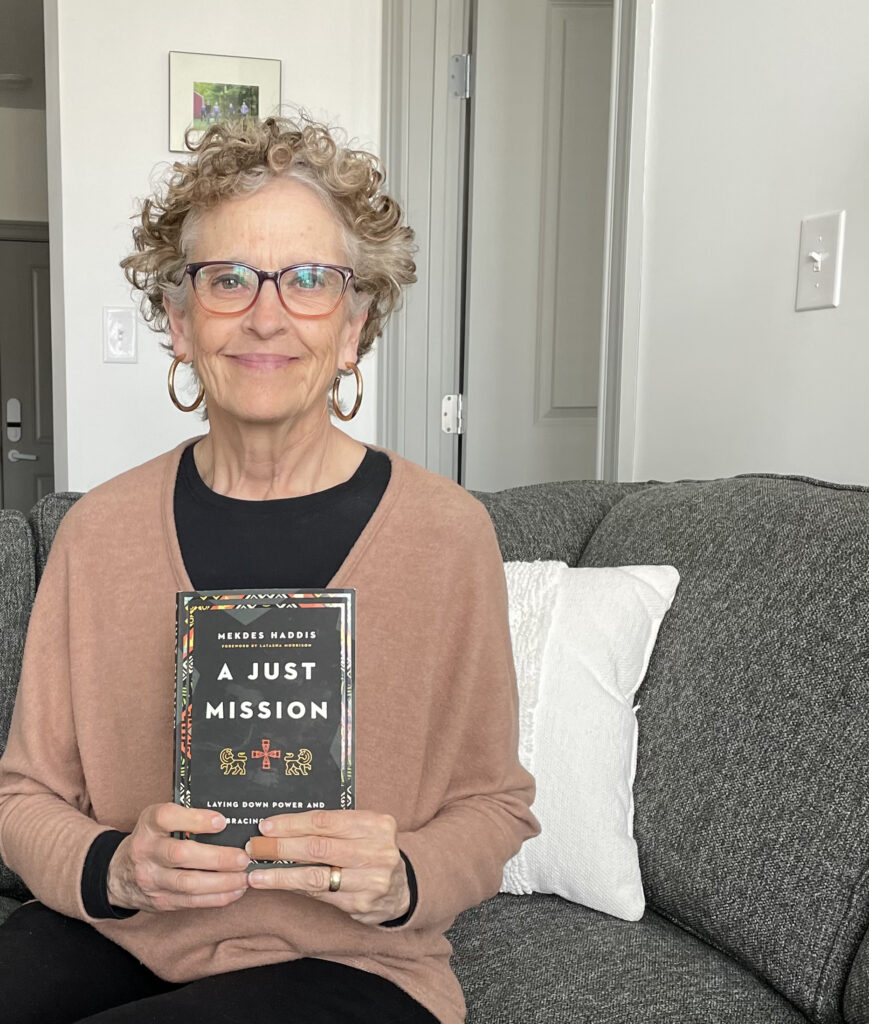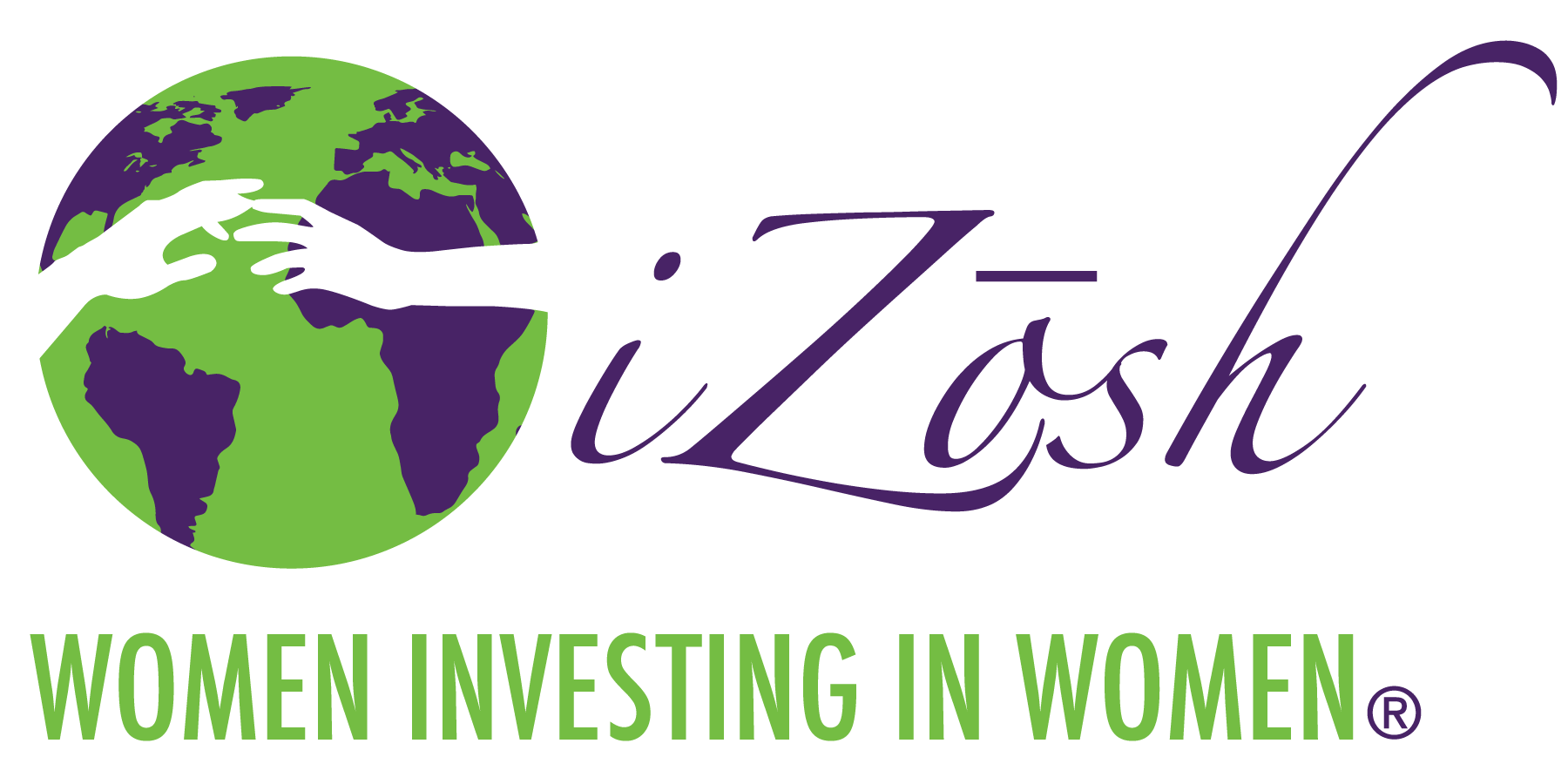Myra Court, iZōsh Ann Arbor Chapter Member, shares her review of the book “A Just Mission” by Mekdes Haddis
A Just Mission is a must read for the Christian church to understand what missions can look like when we look through the lens of justice and reconciliation and those we intend to serve. In this book, published in 2022, Ethiopian author Mekdes Haddis challenges readers to see missions from the perspective of the receiver, not the sender. Before one would serve a people group, she argues, one needs to understand the people and needs of the group and region. They need to understand what the leaders of the area are thinking, dreaming, and desiring for their people and land.
Local leaders know their community’s needs better than outsiders; local leadership has good ideas and thoughts as to what might work best in their region. Therefore, the approach of missions should be to come alongside and assist the leaders of an area, as opposed to telling them what to do. As the tagline of the book says, those engaged in missions and support need to practice “Laying Down Power and Embracing Mutuality.”
Mekdes Haddis was born and raised in Ethiopia and moved to the United States in 2003 to pursue her college studies. She completed both her B.A. and Masters degrees and is married with two children. She worked developing discipleship and outreach strategies for Christian churches and nonprofits for over ten years in the U.S. Today she leads an online community called “Just Missions”, that elevates diaspora voices and works to equip the West and its allies to become mutual partners for the work of the gospel. With her own voice, Haddis encourages us to initiate relationships and build bridges with those from diverse cultures.
The book highlights weaknesses as to how the evangelical church has approached short term missions in the past. Haddis explains how many of the methods were fraught with “a white saviorism” approach, along with other injustices. The Western church often sent missionaries who were eager to help from their own Euro-centric perspective, e.g. a viewpoint that often followed logic that said: We can help them. We have the answers. We do this here, and therefore we should apply this same thing over in a foreign land with people that will appreciate our help.
How does all of this connect to iZōsh? Haddis is a promoter of micro financing for the very reason that it permits the recipient to be in charge of the methods that work best for that person in their specific location and context. Instead of leveraging power dynamics to achieve the lender’s wishes, micro loans empower the recipient. Haddis also endorses microloans because Western donors learn from the loan beneficiary. The interaction is not one-directional, but embraces mutuality.
Haddis advocates that this approach, the embracing of mutuality, should govern how we address missional and gospel connections in our local communities as well. She encourages Christians to live lives of outreach, getting to know our neighbors – especially those who are different from us.
A Just Mission offers new ideas regarding the future of missions, and it would be a disservice if more Christians did not listen and hear this powerful voice from Ethiopia.

